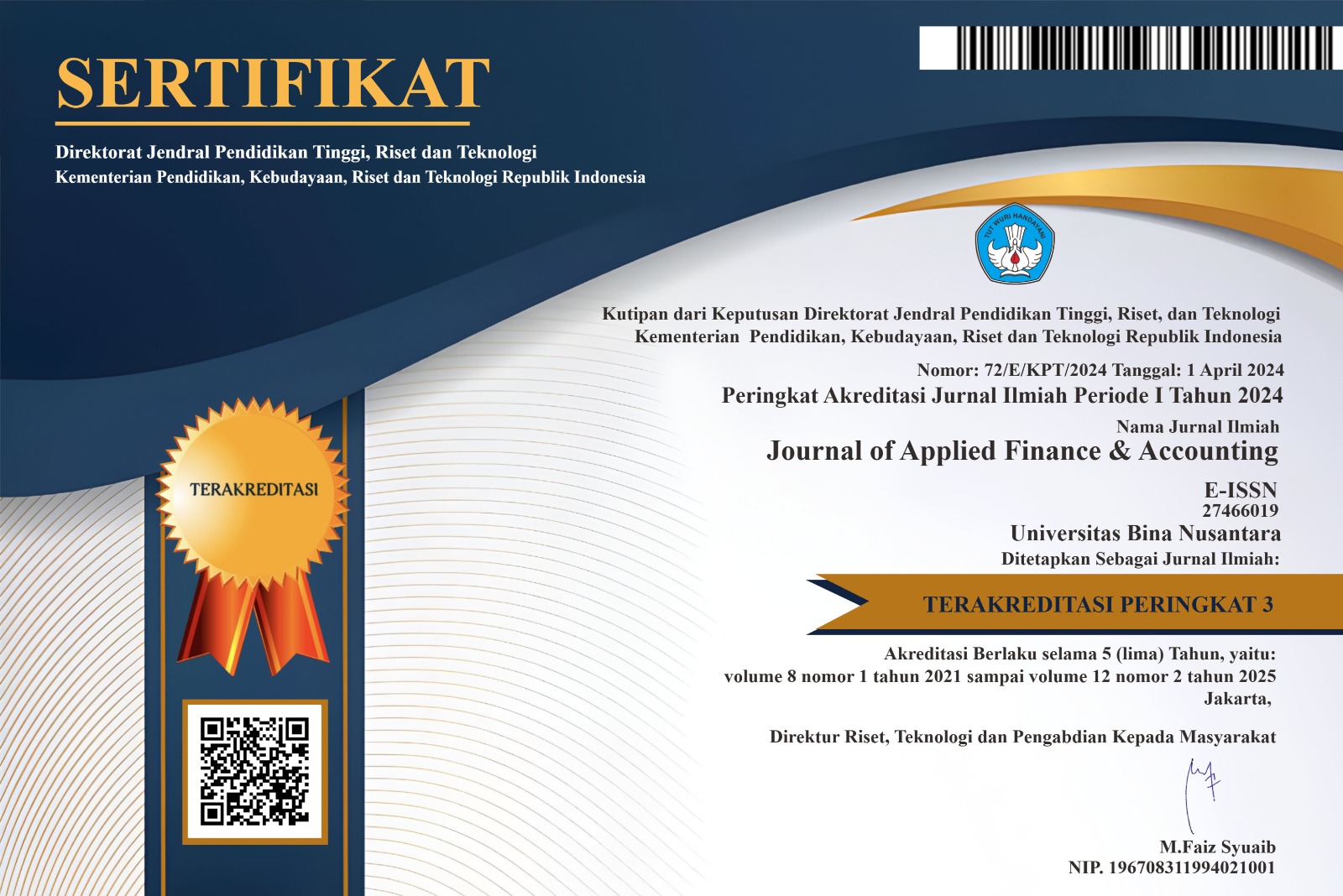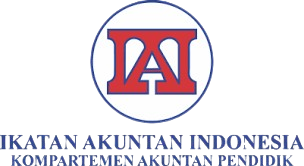The Analysis of Financial Performance Measurement of Global Cash Management Project Using Earned Value Analysis at PT. APRISMA INDONESIA
DOI:
https://doi.org/10.21512/jafa.v1i1.114Keywords:
Earned Value Analysis, Project Management, Information Technology Project, Information Technology Project Evaluation, Information Technology Project Financial Performance, Cost Control.Abstract
Many components in a software house company can be used in controlling and measuring its information technology projects. The financial component is not only the numbers that tells how a company generates its profits. It also can tell how a project performance related to its scope, cost, schedule, and quality. For example, many information technology projects’ budget increases as more work time needed to complete the planned schedule due to problems occurred whilst project execution. These correlations between cost, schedule and the execution performance can be measured from a project financial component using a method called as Earned Value Analysis. The purpose of the research is to help PT. Aprisma Indonesia to properly and comprehensively analyze the Global Cash Management financial performance and find the most feasible recommendation to improve the projects performance in the future. The result of the research is to measures on how the Global Cash Management project performed according to the time and budget plan at PT. Aprisma Indonesia. Hopefully by knowing the components that influencing the Global Cash Management project cost and understand how to measure them, PT. Aprisma Indonesia would be able to quickly execute management strategies to address specific project problems.
Downloads
Published
Issue
Section
License
Authors who publish with this journal agree to the following terms:
Authors retain copyright and grant the journal right of first publication with the work simultaneously licensed under a Creative Commons Attribution License that allows others to share the work with an acknowledgement of the work's authorship and initial publication in this journal.
Authors are able to enter into separate, additional contractual arrangements for the non-exclusive distribution of the journal's published version of the work (e.g., post it to an institutional repository or publish it in a book), with an acknowledgement of its initial publication in this journal.
Authors are permitted and encouraged to post their work online (e.g., in institutional repositories or on their website) prior to and during the submission process, as it can lead to productive exchanges, as well as earlier and greater citation of published work (See The Effect of Open Access).




